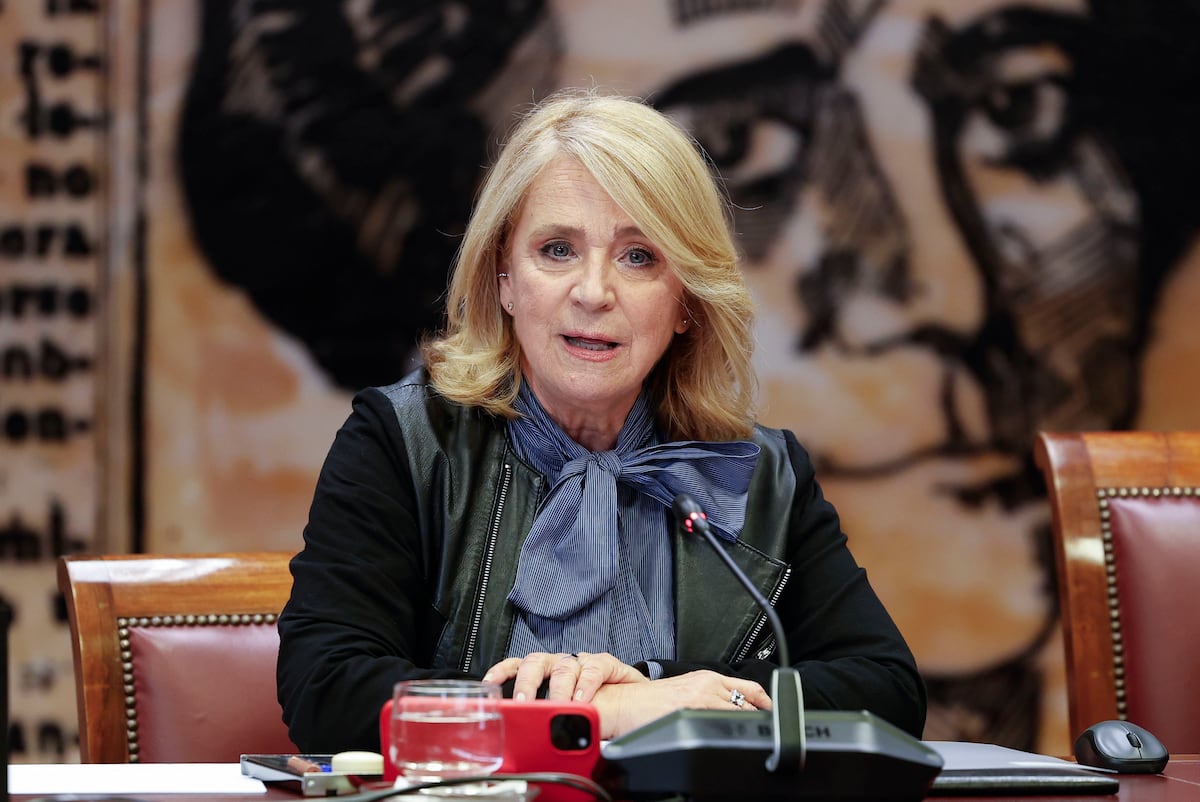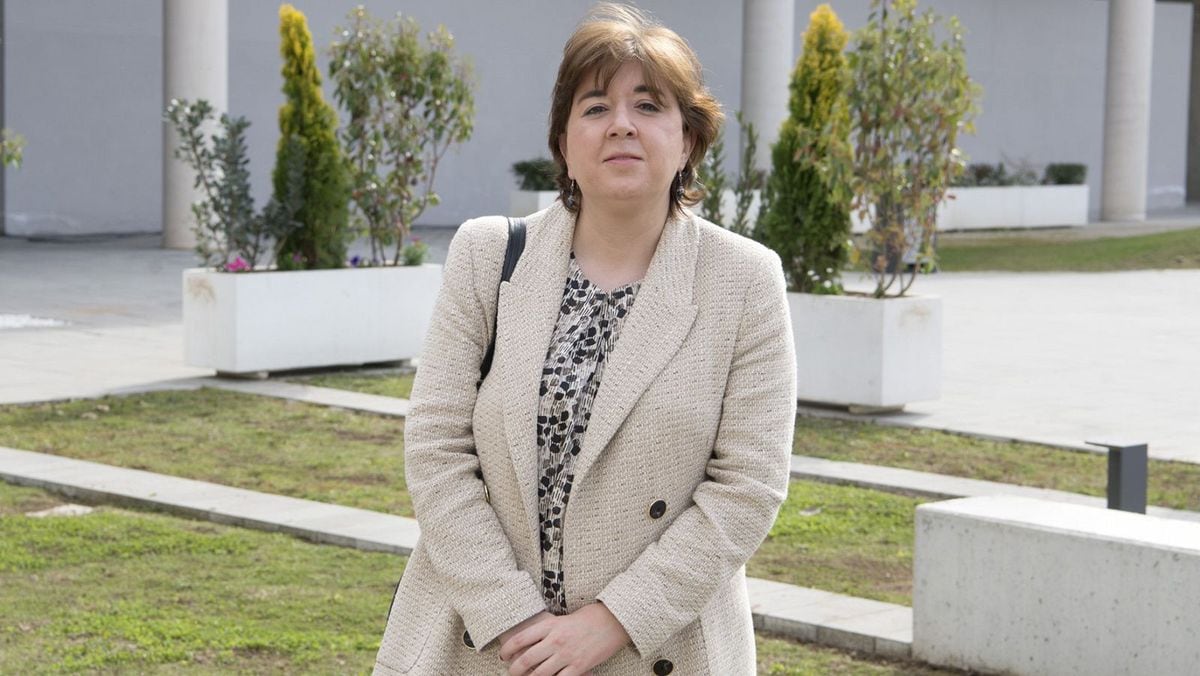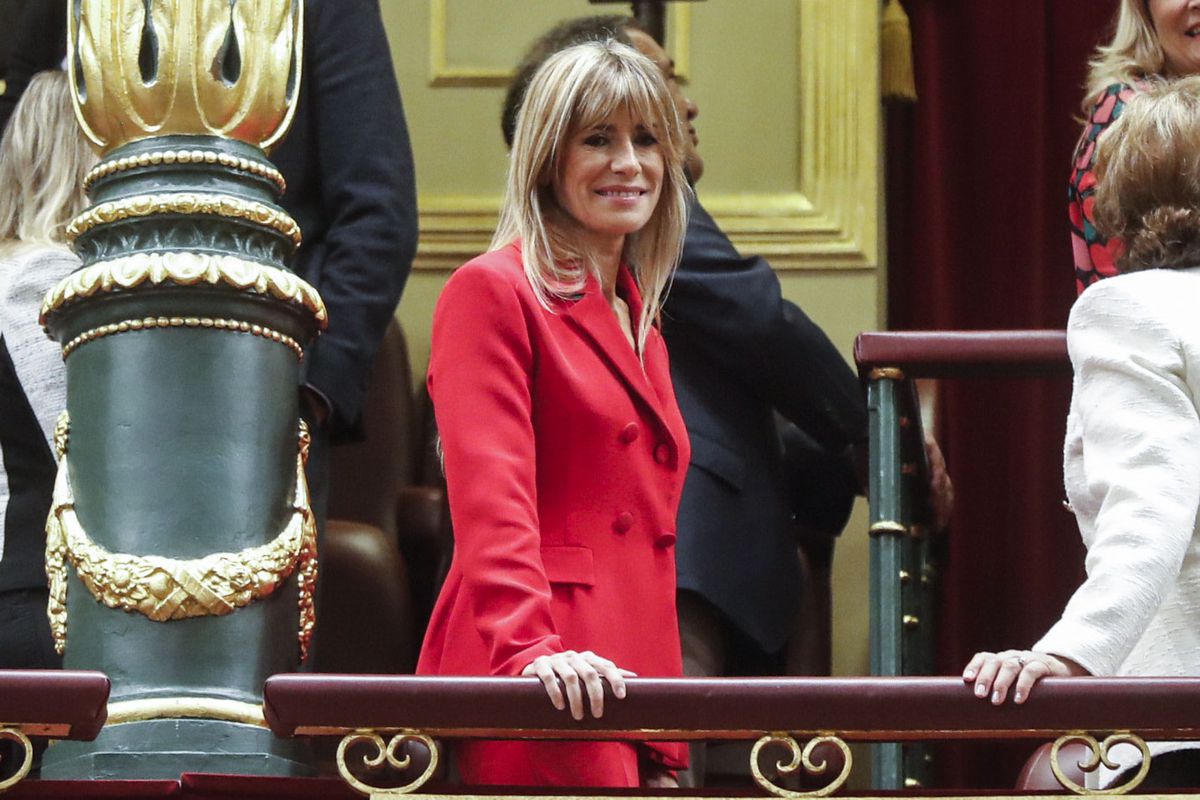Pedro Sánchez and Pablo Iglesias.SUSANA VERA / Reuters
An old political adage says that in order to reach agreements in a Council of Ministers, the Ministry of Finance must agree with the other portfolios.
In the coalition government between PSOE and United We Can, it is not so simple.
It is played in three ways: Economy and Finance traditionally go hand in hand, other ministers in the PSOE orbit are less orthodox (usually José Luis Escrivá, Reyes Maroto and occasionally José Luis Ábalos), and the ministers of Podemos are further to the left and they are more in favor of strong anti-crisis stimuli.
The debate on direct aid to companies, a plan of 11,000 million euros that in principle will be approved tomorrow, Tuesday in the Council of Ministers, perfectly reproduces that scheme.
Moncloa has put pressure on seeing that the crisis is lengthening and the Economy has not finished putting a proposal on the table.
But less than 24 hours before that Council there are clear differences between one and the other, with Podemos very far from what the Economy and Finance defend, and with important nuances that other socialist ministers object.
Vice President Nadia Calviño and the Minister of Finance, María Jesús Montero, have designed a scheme with three funds: one to restructure the debts of the ICO, another to recapitalize companies through participatory loans and subordinated debt, and a third for direct transfers to the companies through the autonomies.
Calviño and Montero have made clear their reluctance to this third fund, which according to the sources consulted would have a firepower that was initially going to be about 2,000 million, but that Economy sources point out that it will be higher.
Other socialist ministers would prefer greater firepower.
The possibility that this money is focused on the most affected sectors (tourism and hospitality, basically, as happened with the aid to the self-employed) gains weight, as it appears in the documents sent by the Government to Brussels, and Economy intends to condition aid to the payment of fixed costs (rents, salaries and others) of the companies.
Podemos has put a very different proposal on the table.
Nacho Álvarez, the negotiator of the party led by Pablo Iglesias, proposes a scheme that he sent to the Economy on Sunday night with a clear objective: that direct aid to companies —that is, direct transfers— represent the lion's share of the plan.
Podemos intends that they concentrate "at least 8,000 of the 11,000 million", in view of the fact that the fundamental problem of Spanish companies is not at this time of debt, but "of lack of income".
“ICO's debt restructuring and the recapitalization mechanism must be secondary instruments;
the direct aid fund should be the priority ”, according to a document that this newspaper has had access to.
Consulted government sources emphasize that Podemos previously claimed 4,000 million with another 4,000 million contributed by the communities and now asks for 8,000 million leaving the autonomies out.
In any case, Economía insists that it is finalizing a package worth 11,000 million.
Plus, there are a handful of additional differences that anticipate a train wreck in the Cabinet.
Unlike what Calviño and Montero defend, Podemos believes that the direct aid fund "should not be transferred to the autonomous communities", given the possibility that "market competition is altered throughout the national territory", always according to the aforementioned document.
Neither Escrivá is in favor of leaving that instrument in the hands of the autonomies.
We can, in addition, reject that the aid is focused on the most affected sectors and is in favor of extending this fund to all companies that have registered deep falls in turnover, around 30% -40%, some figures of falls that they do resemble those used by the Economy.
Finally, Podemos also disagrees on conditionality: Economy and Finance link the aid to the payment of fixed expenses, while the purple party wants to condition them to the maintenance of employment and the abandonment of the modular taxation regime by the companies that receive funds .
Several ministries have participated during the weekend in the design of the controversial package, essential to avoid a wave of suspension of payments of which the Bank of Spain has been warning. The Government reacted to the first wave of the covid with the ERTEs and the ICO guarantees to save companies and the productive fabric, but it is clear that a new fiscal stimulus is needed: the crisis is lengthening and the latest employment data clearly show that the Spanish economy has seized again, with figures once again above the four million unemployed barrier. The Government has been working for months on a business aid plan that, in principle, should be ready tomorrow. But a few hours before the Council of Ministers, differences persist in the design of that scheme: going down from the muses to the theater is not going to be easy, judging by the lack of consensus between PSOE and Podemos, and even, by the differences in nuance that they exist among the ministers of the PSOE.








/cloudfront-eu-central-1.images.arcpublishing.com/prisa/DNMPMYRY3S5QCGBXIIUDFCL7MU.jpg)






